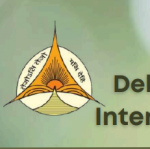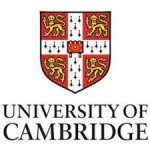Luk Van Langenhove, UNU-CRIS Associate Senior Research Fellow, is delivering presentation at the Conference about the End of the Region, Liege

Luk Van Langenhove, UNU-CRIS Associate Senior Research Fellow, delivers presentation on "The Fate of Regions in a Hyper-Connected World" at the Conference on "The End of the Region: The Future of Spatial Constructs in the Populist Era" taking place at the University of Liege today.
More information about the conference:
Trump, BREXIT, Russian-European crisis and the rise of populist parties in Europe and Turkey came as an existential challenge to regionalism in Europe, Eurasia and worldwide. The conference - organised by Centre for International Relations Studies of the University of Liège and Cambridge Ukrainian Studies and Columbia University (US), and co-funded by the European Union - seeks to address broad sets of questions about the effects of the above phenomena on the regions, broadly conceived.
To what extent the rise of ‘economic nationalism’ in the UK and the US puts an end on regionalisation processes in Europe, North-America, Trans-Atlantic trade and overall state of regional integration in different parts of the world.
How the changes in the core of world economic system will affect regional integration and regional identities in other emerging regions in the world, i.e. Eastern Partnership, Central Asia, etc. > Will a new regionalism be limited to ‘shallow’ free trade zones or new forms of protectionist regional blocs will emerge as compromise between globalism and localism?
Will these new forms stick to neo-liberalism or will they adhere to other ideologies, thus, creating new spatial entities on totally different principles? How will such regions imagine themselves, other regions and structures of global governance?
Will the region exist as an objective entity or will it degrade into fractured amalgam of communities prone to multidimensional disintegration under new tensions brining down regional orders and leading to inter-state conflicts?
Where did it come from? The session will explore the ideational sources of the new forms of nationalism and populism. We would welcome papers looking into popular culture in order to explore how great and regional powers imagine themselves and surrounding neighbourhoods and how this imagination informs region-building processes.




